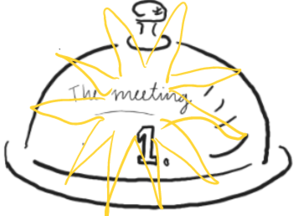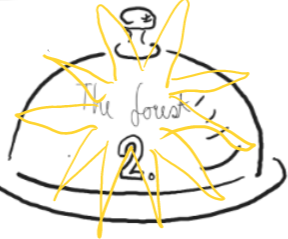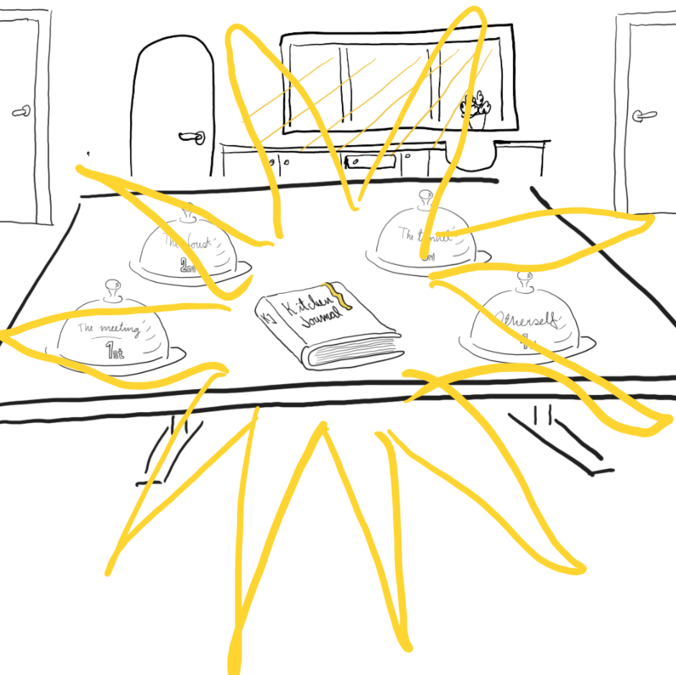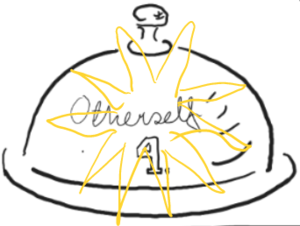I see this as an attempt to go even further than simulation – letting the participant observe their own choices and thoughts instead of the simulated thoughts of someone else. The way I try to do this in “Otherself” is to move beyond simulation by focusing on stimulation. The experience is based on the idea of the obstacle course in concept three.
However, the visible course is replaced by an alien environment and unclear role for the participant. The challenges that the participant might experience are thus the result of their own need for a better understanding of their surroundings. This also means that the perceived challenges in the VR experience are rooted in the participant’s personal interpretation, which should make the experience feel relevant to all participants.
The aim is to create an experience where the user journey is a series of challenges and interactions, and the story itself forms in the user’s head because of the accumulating experiences. The “Otherself” concept is to create emotional engagement, to challenge but not manipulate, and to explore objectification without imposing my own view on the participant.
By avoiding to framing the participant by placing them in the role of a different person and avoid giving goals or signalling expectations of behaviour, I aim to avoid the ethical challenges inherent in generating empathy through simulation. Instead, I hope that giving the participant more agency and freedom by reducing the framing to stimulation and responses might be a better way to use VR to generate empathy for non-fiction issues.
Study the four concepts that are placed under cloches on the kitchen table.










